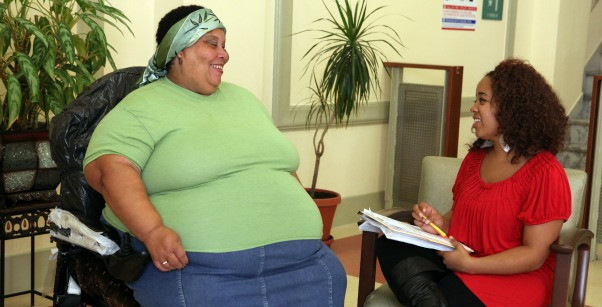Comprehensive solutions are needed to effectively bend the health care cost curve, improve quality of care and advance population health. In Los Angeles, hospitals, Federally Qualified Health Centers, housing developers and homeless service providers are collaborating on innovative ways to improve health outcomes of patients who are identified as chronically homeless.
In Los Angeles we are optimistic because the program model of intensive case management and supportive housing placement for frequent users of emergency systems is already seeing results. With 47 participants enrolled to date, recent hospital utilization data for the first 20 patients referred out of California Hospital Medical Center shows a 74% decrease in hospital costs for these 20 (from $282,157 to $73,954). By housing chronically ill patients and helping them find medical homes and mental health services, emergency department visits have decreased 57%, inpatient readmissions have gone down 67% and inpatient days have decreased 80%.
| FUSE (May 2011-present) |
Baseline (1 year prior to enrollment) |
1 Year post enrollment in FUSE | Change |
| Average ED Visits | 2.5 | 1.1 | ↓57% |
| Average ED Charges | $1,423 | $580 | ↓59% |
| Total ED Charges | $28,450 | $11,606 | |
| Avg. Inpatient Admits | 2.0 | 0.6 | ↓67% |
| Avg. Inpatient Days | 10.0 | 2.0 | ↓80% |
| Avg. Inpatient Charges | $12,685 | $3,117 | ↓75% |
| Total Inpatient Charges | $253,707 | $62,348 |
The Frequent Users Systems Engagement pilot program in Los Angeles links 80 frequent users of hospital emergency rooms directly to supportive housing with intensive case management to ensure that they are finding homes and stabilizing their physical and mental health. Five sites are implementing these programs utilizing“navigators” who coordinate all housing and social services. The program is being funded by the Conrad N. Hilton Foundation and UniHealth.In the current economic and health care environment, these kinds of costs savings are critical. Hospital, FQHC and the supportive housing sector are finding ways to steward resources link care management and supportive housing to not only realize stabilization of our most chronically ill homeless patients, but also reduce emergency department and inpatient readmissions and health care cost savings. Work like what is being done in Los Angeles can inspire other communities to work together to effectively address the social and economic complexities of homelessness.
CSH’s Social Innovation Fund Initiative expands this model to new communities. The pilot program managed by the Economic Roundtable, is a substantial cross-sector collaboration that will be working together to integrate healthcare and supportive housing for hundreds of individuals over the next five years.



